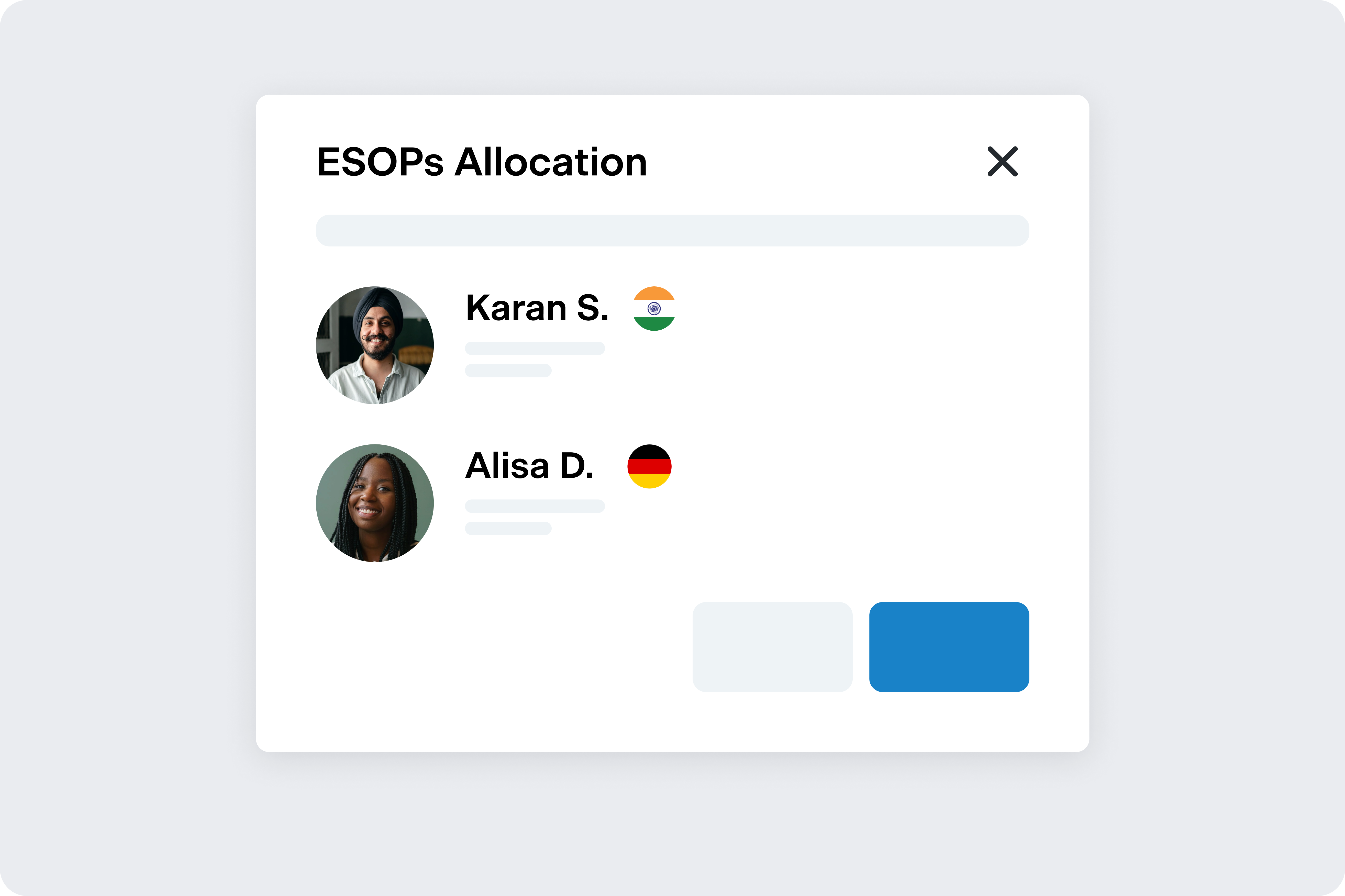As business expand, they generate corporations as well as company constructs to sustain their line of work — each along with their corresponding control as well as conformity requirements. Promptly, monitoring this can easily obtain structure — specifically if the business makes use of numerous providers all over their groups.
Many carry out. Depending on to one poll, the normal organizations keeps in between 6 to 25 provider partnerships. One more survey predicts institutions throw away around $135,000 on software-as-a-service devices every year, whether due to duplicative devices or even due to the extra help demands.
Seeking to resolve the apparently unbending complication, 3 business people — Brexton Pham, Daniel Lai as well as Tamby Kojak — co-founded Collection, a start-up introducing its own system commonly today. Backed through $25 thousand in backing all over seed as well as Collection A cycles led through 776 as well as Manner Specify Ventures along with engagement coming from PearVC, Kleiner Perkins, The First Day Ventures, Hustle Fund, Caffeinated Funds, Wischoff Ventures as well as numerous angels, Collection is actually creating software program that tries to rationalize — as well as automate — organizations’ financial as well as functions piles.
“In a brand-new ordinary where organizations love sparing funds as well as worth opportunity especially, Collection is actually an even more combined, sleek as well as dependable choice to the conventional configuration,” Pham, that works as Collection’ CHIEF EXECUTIVE OFFICER, said to TechCrunch in an e-mail meeting. “The miracle of Collection is actually the all natural set — the even more items that a client makes use of, the much less opportunity they must invest making use of each item as well as may in fact pay attention to the primary of their company.”
Series’ owners arise from varied histories.
Pham formerly operated at Tinder, as well as prior to that performed jobs at Slack, YikYak as well as the VC company Kleiner Perkins. Lai went to PayPal prior to he signed up with McKinsey, getting in touch with mostly for banks. Kojak, on the other hand, possesses 2 various other endeavors under his waistband — project market place Hirewire as well as start-up launch pad V1 Applications — as well as very most just recently directed design at IT hands free operation company Electric artificial intelligence.
With San Francisco-based Collection, Pham, Lai as well as Kojak found to create a substitute to conventional business information organizing (ERP) devices — the devices institutions make use of to handle everyday company tasks like bookkeeping, purchase, job control as well as source establishment functions.
It’s an enormous market — analysis company Truth & Variables foresees that the marketplace for ERP software program are going to deserve $123.43 billion through 2030. However ERP devices commonly aren’t quick and easy to set up or even handle. Depending on to Gartner, the breakdown price for ERP execution can easily go over 75%. As well as for midsized business — i.e. those along with lower than $1 billion in yearly profits — the expense of having an ERP body is actually often around 3% to 5% of their profits.
Series is different in that it’s modular, Pham says, meaning that customers can pick and choose which capabilities they’d like to deploy instead of being forced to pay for an entire system.
“Depending on a company’s stage, a customer might require a specific solution, such as simplifying a payables process, while another need, like transitioning to a new payroll provider, might not be relevant at that moment,” Pham said. “Series designed its platform like a menu of separate web apps and products, allowing customers to build their solutions as needed.”
Series offers a range of ERP-like features including tools for orchestrating payroll and benefits, contract lifecycle management, business-to-business payments and treasury management (i.e. processes related to a business’ cash flow and liquidity). Series’ modules use the same underlying infrastructure for authentication, notifications, transactions and ongoing events, with a system of record that unifies access and permissions to keep tabs on which people and entities have access to which modules.
Things such as bank accounts, logins and permission settings carry over between modules in Collection. And customers can bring their own vendors or financial institutions — e.g. payroll and billing systems — and plug them into Series’ platform.
“We’ve created Series to not be a ‘platform’ per se, because each module is actually its own independent product and everything is interoperable to meet customers wherever they are in their lifecycle,” Pham said. “This decision was intentional even down to the product and engineering level, where every product is an independent application. And as customers adopt more products, the benefits compound and they can stitch together their own ‘ERP’ and ‘back office’ from scratch without ever needing another external system to use for reconciliation.”
Having built the foundation for the Series platform, the next step will be making it so that Series’ modules can better “talk” with each other — that is, execute workflows in an integrated, seamless way, Pham says.
Using the proceeds from its funding rounds, Series is engineering automation tools to execute tasks like filling out customer forms and documents across various services. Once those tools are finalized, the plan is to roll out modules targeting revenue operations and productivity management.
“In the long term, we want to make it so that everything that isn’t part of the core business is just handled in the background — and Series to be the provider that services clients in as many ways as possible there,” Pham said. “It’ll be less logging into multiple providers and less reconciliation, and all of a customer’s services will talk to one another — and customers will be able to adopt any product at any time whenever they’re ready.”
While Pham wouldn’t reveal Series’ annual recurring revenue, he said that the startup, which has around 30 employees at the moment, has “hundreds” of customers currently — ranging from asset managers and small- and medium-sized businesses to enterprises.
Series competes with a number of players in the ERP space, including incumbents like NetSuite and startups such as Xentral (which raised $75 million in 2021) and Holded. But Pham argues that Series’ ease of setup and use sets it apart from the rest of the crowd.
“Legacy ERP systems are designed as platforms that take 6 to 12 months and dedicated sales teams and consultants to transition and integrate into your body,” Pham said. “Each one of Series’ product lines is part of its individually massive market and competes with many venture-backed startups and already-established incumbents. We’ve focused all of our time on building a foundation of diverse software-as-a-service products to diversify certainly not only our revenue streams, but also build good compounding, high-margin recurring revenue items.”




